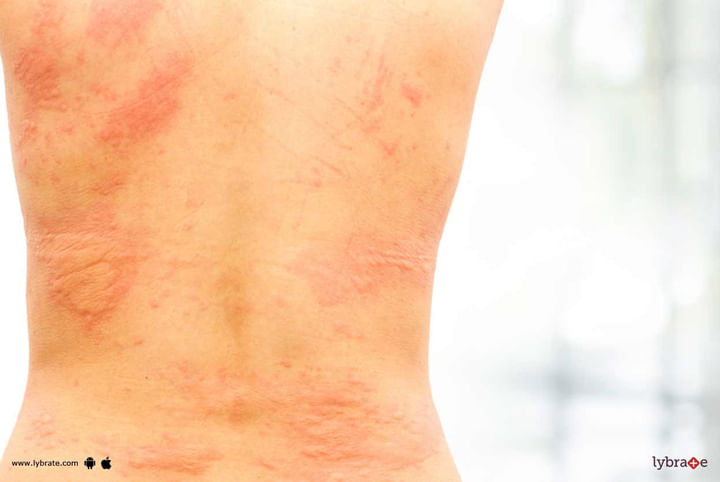Hives - How To Diagnose It?
Hives is also known as Urticaria, which is a sudden outbreak of swollen, red bumps on the skin. These occur due to an allergic reaction to an allergen or some unknown reasons. These bumps are usually accompanied by a few common symptoms like redness, burning sensation, itchiness, inflammation and swelling. They can be of varied shapes and most often the larger ones are very painful. Your skin gets badly affected by hives and the itchiness is quite irritating.
Few facts about hives
- Prominent symptoms: Hives occur due to allergic reactions and some of the most highlighting symptoms are trouble in breathing, swelling, stomach cramps, dizziness and other related ones. People facing these kinds of symptoms are mainly kept in an emergency room so that proper care can be taken.
- Lasting period of hives: In general, the symptoms of hives fade away within a few hours, and just few scratches are left behind. Though in some cases hives return either for few weeks or days. Some people experience the symptoms after specific intervals and thus you got to have proper medical care.
- Causes of hives: Some of the commonest causes of hives are medicines, excessive exercises, serious or rare diseases, cold, heat or pressure, insect bites or stings, different kinds of allergies especially food allergies, bladder or other infections and others. Sometimes, hives might occur all of a sudden without any specific reason.
- Who gets hives: Both adults and kids of different ages can have hives at any time. Thus, you should be aware fully of the same in order to prevent this kind of skin disease. Though the symptoms last maximum for six months but still the sufferings are unbearable at times.
- Diagnosis of hives:
Hives can now be easily detected by doctors just by looking at the available symptoms and thus no special kind of diagnosis is required. Physical examination is conducted and the doctor often asks a few questions from the patients. If the symptoms continue for a long time then in that case blood tests are also recommended by the doctor. The doctor might recommend any other medical test in this regard in accordance with the patient's condition.
- Treating hives:
The doctors often prescribe antihistamines to the patients who suffer from hives. The sources causing hives are asked to be avoided so that the chances of getting attacked by this kind of skin trouble can be reduced. Doctors keep the patients under supervision and then accordingly prescribe medicines for a speedy recovery.



+1.svg)
